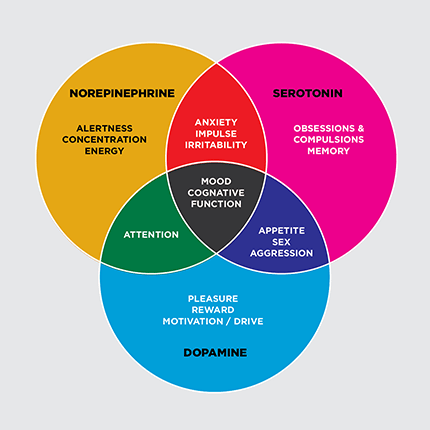Exercise has no positive effects on the nervous system. Please select the best answer from the choices provided.
 Exercise Has No Positive Effects On The Nervous System Brainly In
Exercise Has No Positive Effects On The Nervous System Brainly In
Blood is better able to fight infection D.

Exercise has no positive effects on the nervous system. Endorphins are generated in the body during exercise which leads to better emotional health. The fact that exercise boosts stem cell production in the hippocampus means it might contribute to improved neural and cognitive function in the elderly. Exercise has no positive effects on the nervous system.
Yet we have yet to unwrap how memory changes with exercise. Take a moment to stretch or move your body. Endorphins are generated in the body during exercise which leads to better emotional health.
Instead of allowing your mind to wander pay close attention to the physical sensations in your joints and muscles even your insides as your body moves. The exercise-related reduction in the activity of your sympathetic nervous system may significantly decrease your chances for developing heart disease according to Patrick J. You may also be motivated to change some things in the environment if you exercise in a polluted environment.
Please select the best answer from the choices provided. How Exercise Affects the Nervous System. Increased activity in your parasympathetic nervous system may also contribute to decreased heart-health risks.
Expert answeredHarvey_12Points 23 Log in for. Exercise challenges the cardiovascular pulmonary and musculoskeletal systems and it can have profound metabolic effects. Expert answered Jozeal Points 17520.
Exercise has potent effects on a range of other neurochemicals as well. Aerobic exercise eases symptoms of depression and anxiety so well your doctor or therapist may suggest it as a treatment. Energy intake and imbalance are contributing factors in the aetiology of neurodegeneration.
It could be because exercise slows the damage and breakdown of brain. Please select the best answer from the choices provided. Exercise Improves Muscle Strength One example of secondary issues related to nerve damage is muscle atrophy which happens when peripheral neuropathy is specifically impacting the motor neurons.
Mueller of the University of Missouri-Columbia. The inherent complexity of the CNS and the methodologic. You may also be motivated to change some things in the environment if you exercise in a polluted environment.
Exercise has no positive effects on the nervous system. This basically refers to the fact that when your nervous system is damaged the effects dont really stop there. People with a lower metabolic rate have a higher risk of cancer.
Toxins are removed from the body more quickly C. Exercise has no positive effects on the nervous system. Exercise can have profound effects on numerous biologic systems within the human body including the central nervous system CNS.
Exercise effects food intake and energy balance The hypothalamus also contains nuclei involved in maintaining energy balance including the arcuate nucleus paraventricular nucleus and dorsomedial and ventromedial hypothalamus. A study of cyclists found that exercising. Compared with the huge cost of drugs exercise intervention is an economic and safe way to prevent and treat diseases and has few side effects which reduces the economic burden on families and society.
Researchers suspect that much of the mood-boosting power of exercise is due to the its effect on endorphins and other neuromodulators involved in the endogenous opioid system. In contrast to our extensive knowledge about the peripheral adaptations to exercise information about the specific effects of exercise on the central nervous system CNS is relatively limited. Exercise has no positive effects on the nervous system.
Short daily walks bicycling and group activities like yoga and tai chi are a few examples of ways to get your body moving and increasing physical fitness. The inherent complexity of the CNS and the methodologic difficulties in evaluating the in vivo neurochemistry of the human brain and spinal cord have hindered the advancement of. People who exercise regularly have longer telomeres because keeping ones heart rate up has long-term benefits on the body including the slowing of aging.
276 The clinical significance of exercise intervention is worthy of affirmation. Exercise has a positive effect on many diseases especially chronic noncommunicable diseases which is consistent with the results of Pasanen et als study. Physical exercise is vital for encouraging blood flow to the brain to support growth of new brain cells.
The opioid system is important in pain modulation reward response to stress and autonomic control. Evidence suggests that by really focusing on your body and how it feels as you exercise you can actually help your nervous system become unstuck and begin to move out of the immobilization stress response that characterizes PTSD or trauma. The effects of exercise on mood and preventative actions for health are clear.
Exercise has no positive effects on the nervous system. Anaerobic exercise has no proven effect on the nervous system however it still is a very important part of a balanced exercise plan and positively affects other body systems. Exercise has no positive effects on the nervous system.